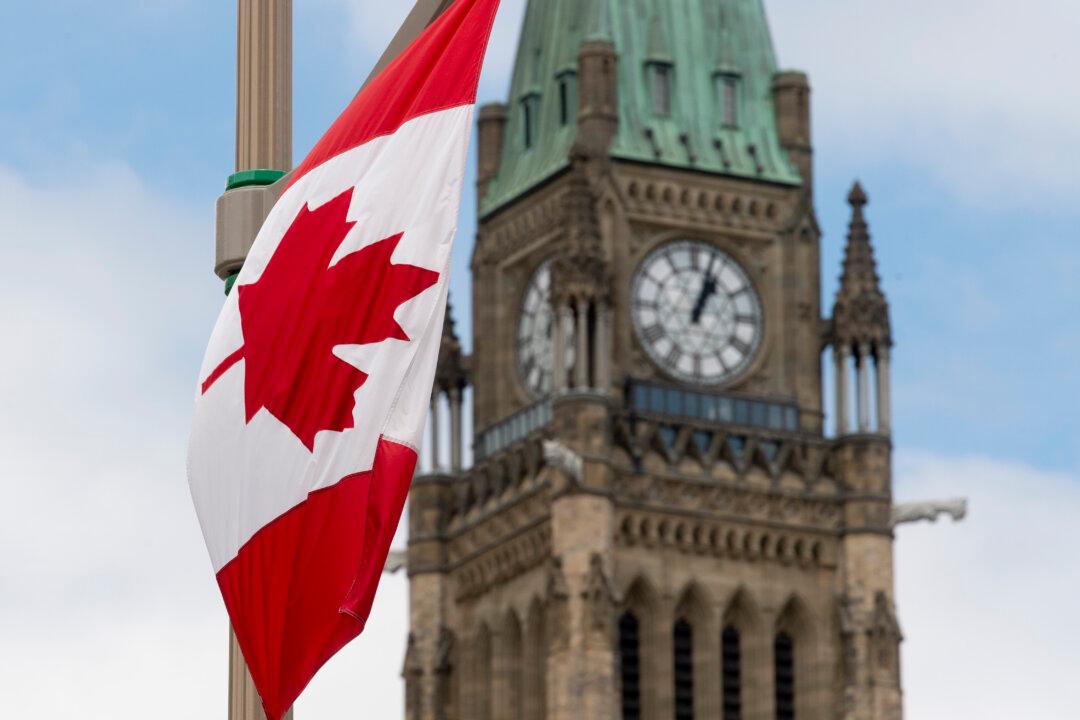News Analysis
In the fast-tracked conversion therapy bill that was passed into law last week, there were two significant issues that did not receive parliamentary oversight either in the House of Commons or the Senate.

In the fast-tracked conversion therapy bill that was passed into law last week, there were two significant issues that did not receive parliamentary oversight either in the House of Commons or the Senate.